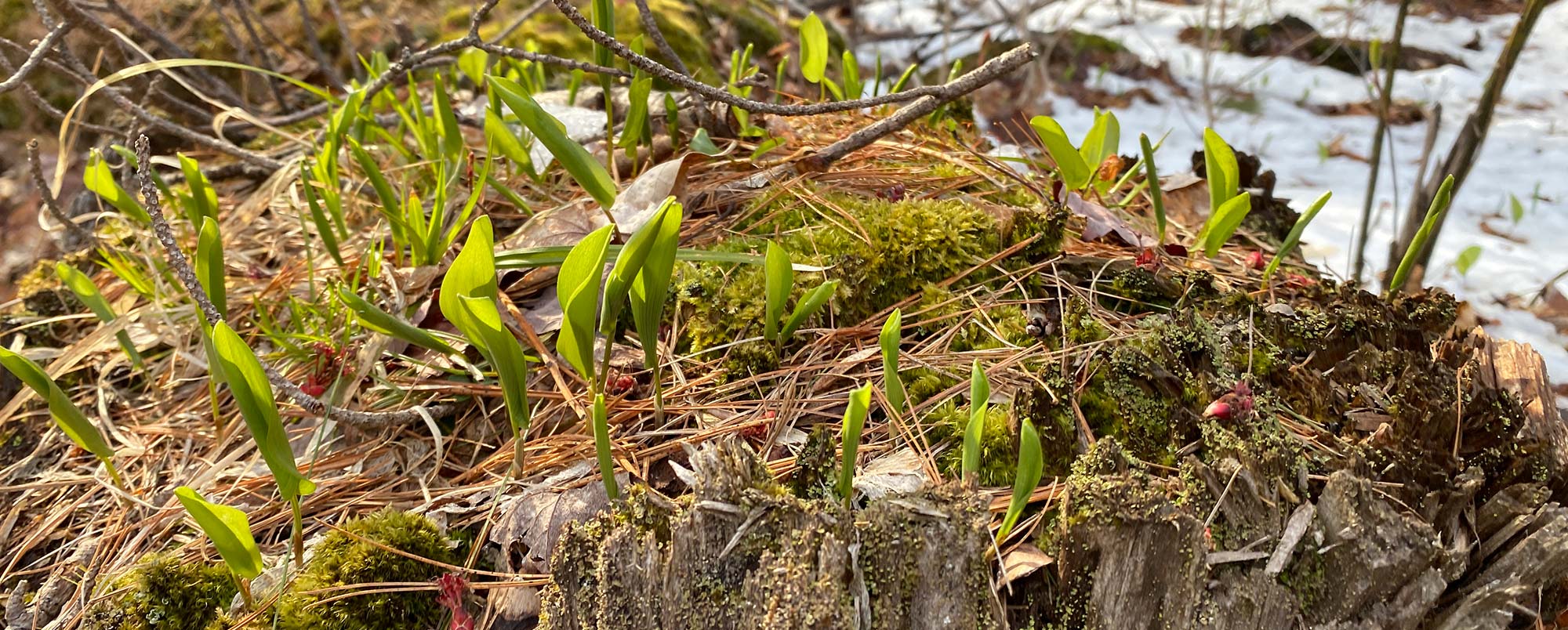Dwight Garner wrote an entertaining book review in the New York Times recently on Elizabeth Marshall Thomas’s new book: The Hidden Lives of Deer. You can read it online at The Books of the Times.
It’s not fair to judge a book before you’ve read it, so I won’t pass opinion on Thomas’s work. I will say that the review itself contained a number of excerpts that many Northern Woodlands readers will find odd – like the suggestion that female deer will squat and expel an unwanted buck’s semen during rutting season. If word gets out that mammals have this ability, the contraceptive industry as we know it could be destroyed.
If you’re a deer hunter who’s easily angered by cheap shots, you may want to skip the book. Thomas deplores the “doltish” spectacle of deer hunting, writing: We fill the woods with invasive primates camouflaged to look like piles of leaves who sneak around, sprinkling estrus doe urine and manipulating gadgets that sound like antlers clashing.” She likens these gadgets to “something like fishing with dynamite.”
Of course, many hunters see these gadgets not as dynamite but as fools’ gold. As we speak, bow hunters are in pitched debate over whether bottled estrus and chemicals that smell like acorns are completely useless or just mildly useless – the olfactory equivalent of the synthetic “raspberry” flavor in neon-blue bubblegum.
Thomas takes an anthropomorphic low blow at New Hampshire hunters, pointing out that in 2007 they killed 15 percent of the deer in New Hampshire, then writes. “A similar slaughter in human terms would eliminate all the people in two of New Hampshire’s biggest cities, Manchester and Nashua, along with the population of several towns.
Of course, if we looked at these numbers in a vacuum, a back of the envelope calculation suggests that the remaining 76,000 deer in the state had the potential to create a heard of 102,000 deer the following spring – a 10,000 net gain.
But logic has never been a match for sentiment.
As a younger man I would have written Thomas’s book off completely, but I do plan on reading it. I like everything about deer – not just hunting them – so I’ll probably end up liking the book.
If I am pushed to rail about an injustice, it’s in the fact that Thomas’s book has a huge swell of publicity behind it, while so many legitimate naturalists I know – including many who write for this magazine – publish their thoughtful work in relative obscurity.


Discussion *